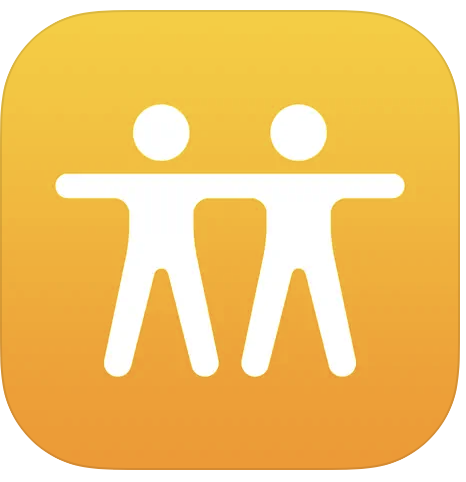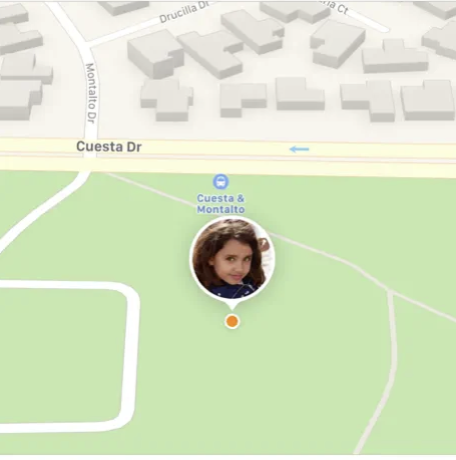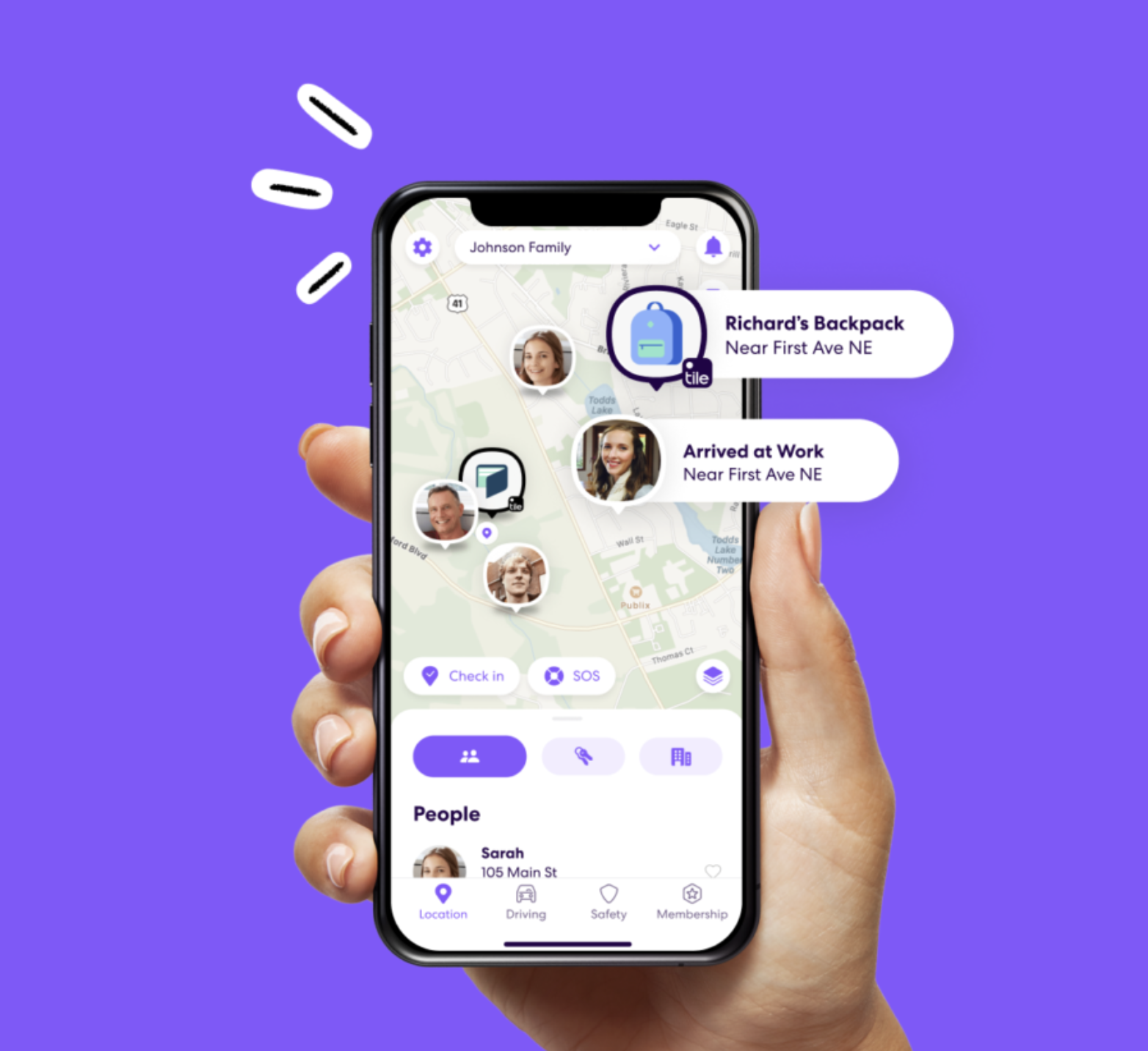Tracking apps and tags privacy or safety?
**Using Tracker Apps and Devices for Children That Are Self-Harming**
Self-harm is a serious issue that affects many young people. It can be challenging for parents to know how to help their children struggling with self-harm. Some parents may use tracker apps and devices to monitor their children's location and activity.
Tracker apps and devices allow parents to see where their children are, who they are with, what they are doing, and how they feel. Some examples of tracker apps and devices are:
Apple Air Tag: A small device that can be attached to anything and tracked using the Find My app on an iPhone or iPad.
Find My Friends: An app that lets you share your location with your friends and family on your Apple devices.
Life 360: An app that lets you create a circle of family members and friends and see their location, battery level, driving speed, and more on a map.
Android Device Manager: An app that lets you locate, lock, erase, or ring your Android device remotely.
You might think that tracking your child is a breach of privacy. And you would be right. Following your child without their consent can damage their trust in you, make them feel controlled and violated, and interfere with their development of autonomy and independence. It can also backfire if your child learns about it or tries to evade it by turning off their device or leaving it behind.
However, some situations may be where tracking your child could save their life.
I had a client with a child who was seriously attempting self-harm. So she put the Apple Tracker in her child's school jacket. One day her child didn't have any tracking device set, but the parent was called by a friend of the then 20-year-old to say that she was concerned about their wellbeing; they then tracked him down via Snapchat as he had set up location mode on it. The mother was then able to send the police to his location, which was a dangerous location. The police took him to the nearest hospital for assessment. The young lady who contacted this mother perhaps saved this young man that day. This also brings up an essential point: know your child’s friends. Encourage your children to talk about their feelings about self-harm. And encourage all young people to reach out to an adult they trust if they are concerned about a friend.
Privacy And Trust And The Rights Of The Child
As a privacy advocate, I have concerns about tracker use in families due to consent and trust issues. However, if your child is in physical danger, most parents would do all they can to prevent irreversible harm. If you can save them from serious self-harm, it is recommended that parents do what they can to prevent it, including taking away the means to self-harm, i.e. car keys, weapons, and medication that can cause an overdose.
It's the only time I feel confident recommending trackers without the full consent of the child.
Parents that use trackers on kids to know where they are without consent are something I can't recommend due to trust issues, the rights of the child and issues of privacy. The age of consent laws in Australia may also affect whether a child can give valid consent to being tracked by their parents. The age of consent varies from 16 to 18, depending on the state or territory and the type of sexual activity involved. Moreover, other factors may affect a child’s capacity to consent to privacy matters, such as their maturity level understanding of context circumstances, risks, benefits, and alternative consequences.
If your child is at risk of ending their life, any parent or guardian could be forgiven for using any tool available to find them and prevent tragedy.
If you decide to use tracker apps or devices for your child:
Talk to your child about why you want to use them, explain how they work, what information they collect, how long they store it, who has access
Only use them without consent in situations where there is a risk of serious harm
Tracking a person without consent can be illegal and can be unethical
Ask for your child's permission, respect their wishes negotiate boundaries
Use them as a last resort when other options have failed, such as therapy medication support groups
Use them as a temporary measure until your child's situation improves
Use them as a safety net, not as a substitute for communication, trust and care
Review them regularly and check if they are still needed, practical, and helpful
Delete them when they are no longer necessary, and inform your child
Tracker apps and devices can be helpful tools for parents who want to protect their children from self-harm, but they should not be used lightly or without consent. They should be part of a broader strategy that includes professional help, emotional support healthy coping skills.
If you need more advice on how to help your child with digital technology, please get in touch with Digital Families Counselling today. See group workshops below.




